How We’ll Shop - Brightpearl’s Crystal Ball for the Future of Shopping
Our deep dive into Brightpearl's amazing How We'll Shop 2021 Report. The cliff notes: “Huge changes in the way we live, communicate, work, shop, and spend.” No one is safe from the massive upheaval we’ve felt from COVID-19.
Now, what does this mean for the future of shopping? The bigger question is how are YOU going to respond to these changes?
“Before COVID-19, Americas made an average of 33% of their purchases online, a figure that rose to an average of 48% following the crisis”- Brightpearl’s How We’ll Shop
Setting the Stage
Finances are tighter than ever for a majority of Americans. Even if they’ve maintained their income, we’re all thinking about safety and security more than making major purchases.
At the beginning of global lockdowns, Amazon saw a massive surge in ordering. Now the merits of Amazon can certainly be debated, but they made consumer transparency a major keystone to their business. If you want this product, you can have it in two days. We’ll even tell you when it’s blocks away from your house. You constantly know exactly where that item is. Easy, no-questions returns (especially on clothes!) broke the years-old idea that a mall was the only place to buy something that fits.
In uncertainty, consumers crave certainty. Consumers are asking where is my item? How much does shipping cost? What if it doesn’t fit? When is it back in stock? Extra transparency in shipping, returns, inventory, is a rock-solid way to gain a lifelong buyer (which is even harder online!). If your business isn’t set up for transparency, you will lose out to those who are.
“Unfortunately, many retailers lack the agile digital retail infrastructure to pivot online smoothly or manage the end-to-end complexities of high-intensity retail operations, including inventory, same-next day delivery, shipping, and returns. These businesses are struggling to respond to a once-in-a-generation test of business continuity planning and supply chain flexibility that will continue to intensify as more consumers move online over the next year.” - Brightpearl’s How We’ll Shop
Our Recommendations to Merchants
Let’s add some green to this doom and gloom. Here are our recommendations to succeed in the changing ecommerce landscape.
-
The future isn’t online only. The future isn’t brick and mortar alone. The future is flexibility. Being flexible to changing consumer habits should be a keystone to your business. Maybe they want ‘Buy now, pickup in store’? Maybe it’s local returns for a different size? Find that out. Now of course, this also means TALKING to your customers. Ask them how their buying process was, what do they want different. Give them a voice in your business.
-
Consumer transparency trumps same-day shipping. Now, there’s nothing wrong with same-day shipping but we believe STRONGLY that customers prioritize transparency and communications over same day shipping (but you still need to ship promptly!). Communicate before they hit the buy button with inventory and shipping info early in the buying process (like the product detail page!). Communicate after they’ve hit the buy button. Communication is your best friend.
-
A rock-solid buying process is the foundation for customer loyalty. It sounds so simple but it’s surprisingly difficult. If your buying process has pitfalls, left turns, slowdowns, and lacks transparency, there’s no point in having a customer loyalty program. You’ll never have loyal customers if they hate buying from you. Make your website a joy to use, then encourage loyalty.
These three practices seem deceptively simple, but they require an investment in time, talent, and treasure before they can operate seamlessly. If your data or website isn’t in order, your customers will know it instantly. Our friends at Brightpearl have a much deeper dive into How We’ll Shop in the future. If you’re wondering how your data can improve customer transparency, flexibility, and your buying process, visit their website here.
Trust us, you’re gonna want this in your inbox.
Join the Irish Titan sphere of influence. We'll send a couple emails a month. No trash, no spam, just the shenanigans we get up to.
More reads

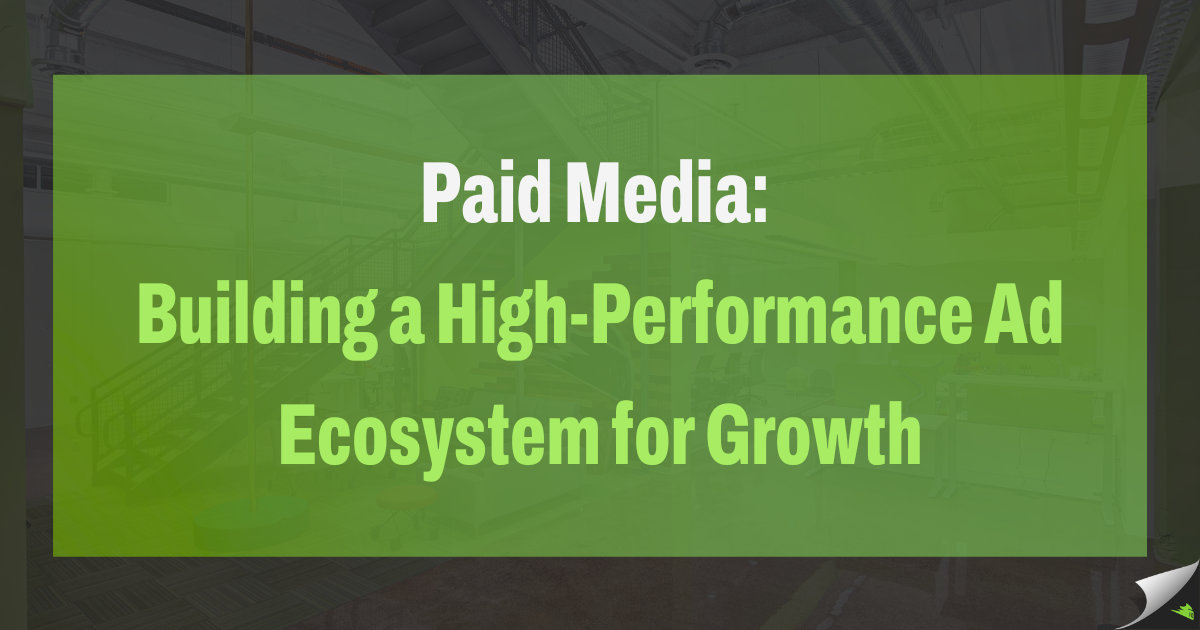
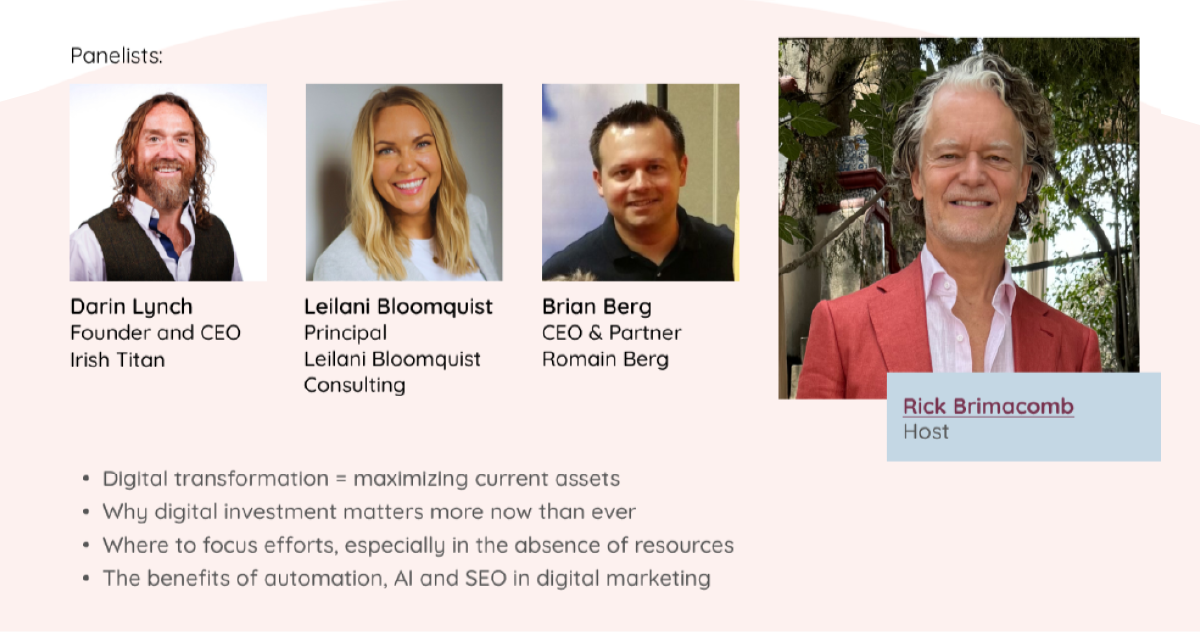
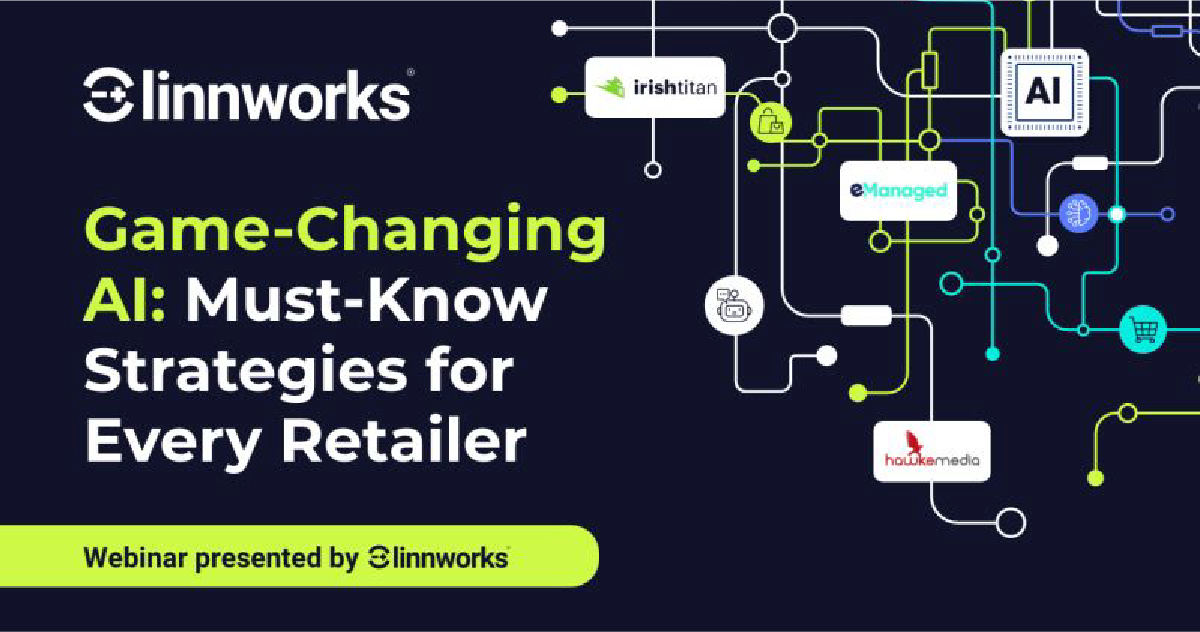
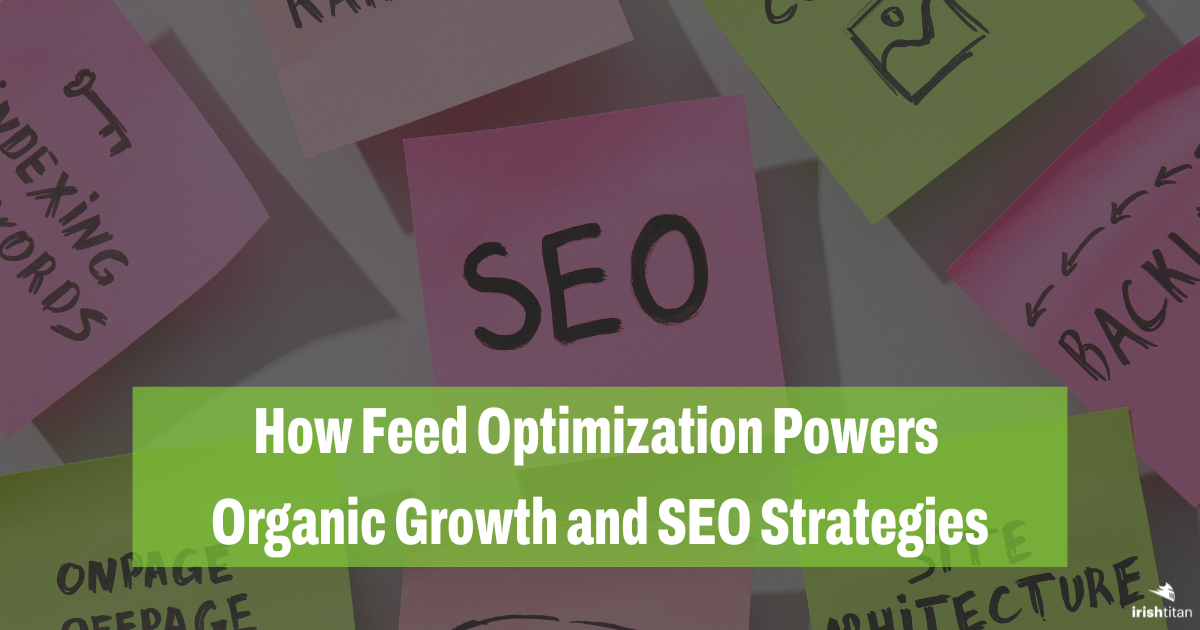
More from Musings...

2024 truly wrapped. While some 'Wrapped' summaries (cough Spotify cough) jump the gun in early December, we took the time to gather, survey, and reflect on the entire year.
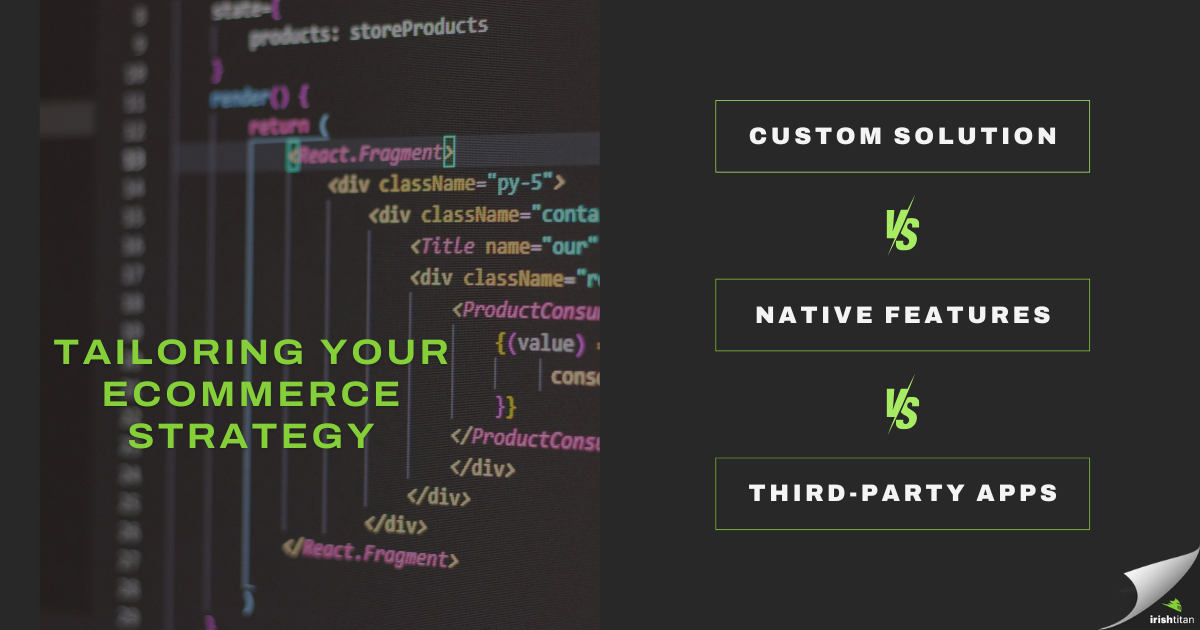
Custom solutions offer tailored functionality for unique needs but come with higher costs and maintenance. Native features are cost-effective and easy to implement but may lack flexibility. Apps provide specialized tools but can create dependencies and added expenses.

By Nate Levine, User Experience Engineer at Irish Titan. Heat maps are a type of data visualization tool that illustrates how users interact with your website. They use color coding to represent the level of activity across different parts of your site—think of it like a weather map, but instead of showing temperature, it shows user engagement. The hotter the color (reds, oranges), the more active the engagement with that section, while cooler colors (blues, greens) indicate less interaction.
